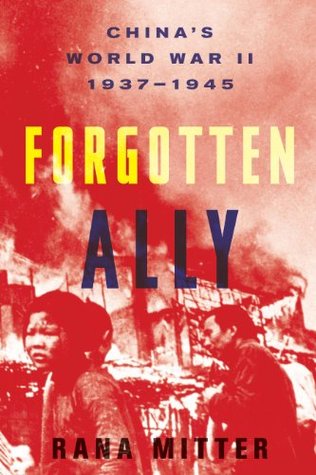However, none of the three principal actors was seeking to establish what the West, and particularly the United States, would regard as a democracy: a liberal, multiparty regime with significant civil liberties. Both Chiang and Mao spoke in terms of “democracy,” but their understanding of the term meant something more like mass participation in politics under the direction of a dominant party. They were not unusual in this. Many of their counterparts in anti-Western struggle, such as the Indian nationalist Subhas Chandra Bose and the Burmese Ba Maw, were progressive and secular in their aims,
...more
Welcome back. Just a moment while we sign you in to your Goodreads account.


